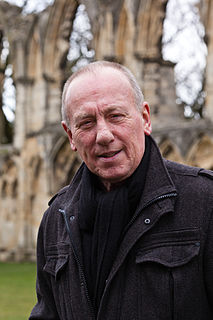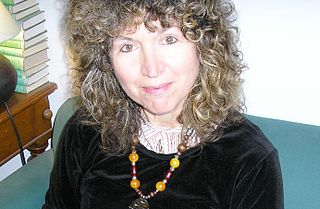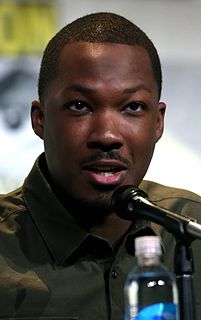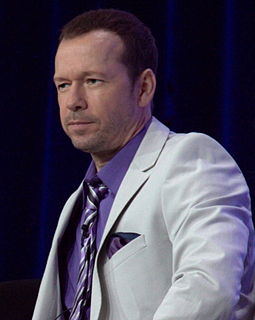A Quote by Christopher Timothy
It was a tricky part to play, because Herriot is both a fictional character and a real person.
Related Quotes
When you're training as an actor, a lot of the big work you're learning is to treat fictional characters like real people. You don't have the problem of discovering a backstory with real people, but there's always a mystery which is common to both fictional and factual characters. They are never quite the person you think they are.
If you're playing a fictional character, you can create a character, you can sort of take certain liberties. And when you're playing a real person who's actually standing there watching you, you know, it's - you do feel a weight. You know, you feel an obligation to not only be - to give the best performance that you can, but to make sure that you represent this person.
I had to detach myself from myself, if that makes any sense, to conjure an authentic first-person voice. In that sense, it was similar to writing a first-person novel. But I was writing about real people, not fictional ones - myself, my family, my friends and boyfriends and ex-husband, and that was extremely tricky.
Not every character that you play is going to be somebody that you like or love, but every character that you play has a story that is worth telling. If you're not the person to tell it, that's one thing. But if you don't want to tell it because you are afraid of the unpopularity of the character, I view that as a missed opportunity.



































